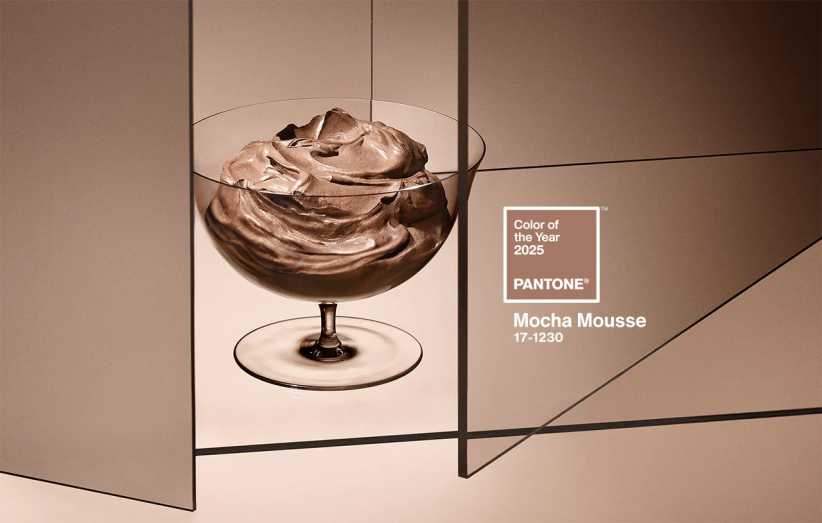
|
Attending a mommy-and-me class with your baby does more than get you out of the house to socialize with other parents of infants. These baby-parent classes, whether they’re parent-child music, art, yoga, or baby sign language classes, have numerous benefits on your child’s social skills and development.
The first time my son had any real interaction with a fellow child, he was maybe 4 months old. It was right before the Thanksgiving turkey was served. The son of a family friend, scarcely a month older than he and held on an adjacent lap, clutched my bambino’s calf. He turned, smiled, and promptly blew a raspberry. The two of them proceeded to coo at each other with hands flapping and gums smacking until the pumpkin pie came out. I then realized that maybe it was time to get my little one out of our house more regularly.
Part of the reason I signed the two of us up for our first class—Babies Boogie at the West Islip library—was my interest in…okay, desperation for…conversing with grown-ups and feeling like a human being once in a while. And there isn’t any shame in that game. “Mothers tend to flock to these programs because of the opportunity to interact and socialize with other mothers who are at a similar stage of life. An upbeat outlook and positive mood in mothers transfers to their babies and is overall a wonderful benefit for all,” says Karen Hopkins, M.D., a developmental-behavioral pediatrician at Hassenfeld Children’s Hospital at NYU Langone in Manhattan.
But aside from the perks for you, mommy-and-me classes actually can play an important part in your little one’s healthy development. Read on for a rundown for all the ways it can help him grow.
A Tiny Caterpillar Becomes a Social Butterfly
According to Jasmin Terrany, LMHC, a Manhattan psychotherapist and author of Extraordinary Mommy: A Loving Guide to Mastering Life’s Most Important Job, infant interaction builds both social skills and budding confidence. Of course, your child’s first playmate is you. All that talking, beaming, and singing you do throughout the course of an ordinary day become the first building blocks of your newborn’s socialization.
At around 3 or 4 months of age though, your little gal is ready to spread her wings in larger groups outside of your home. “Many new parents get accustomed to shutting out the world in order to bond with their new babies,” says Mandi Silverman, Psy.D., a clinical psychologist at Manhattan’s Child Mind Institute. But attending classes with other babies, as well as unfamiliar adults, can help get an infant comfortable with the outside world, Dr. Silverman says. Then social learning—where babies are motivated to try new skills because they see others using them—can take hold.
Mom of two Melly Shotter, an office manager on Long Island, was pleasantly surprised by her 5-month-old son Jack’s reaction to his first music class. “Practically from the start of the very first session, he started giggling and seemed so alert and interested in everything around him. It was a wake-up call that I’m not the only one who needed a social life!” Shotter laughs.
Big Payoffs; Plenty of Options
Parent and baby classes come in many variations, from massage, music, and swimming to movement—even yoga! These classes often welcome participants as young as 3 months. But before you register, you might wonder: Can babies this little really pick up any social skills to speak of in these play date-classroom hybrids?
The short answer from child development experts? Yep. “The benefits are vast,” Dr. Silverman insists. “It’s never too early for parents to expose their babies to the world in small, developmentally appropriate ways. Mom-baby classes are a perfect way to do so, which is why there are so many options to choose from.”
A study published in Developmental Science compared babies and parents who took part in music classes with parent-baby pairs who just listened to the same music while doing other things. The babies in the participatory classes were more musically aware and had finer-tuned gestures and increased social skills after the classes ended. “The benefits of Mommy- or Daddy-and-Me classes on a child’s development cannot be overstated,” agrees Katie Davis, M.D., a developmental psychologist at Park Avenue Pediatric Neuropsychology in Manhattan.
Although your baby won’t be communicating with his tiny classmates verbally, “repeated exposure to other children in a safe, supported setting can help build social skills and confidence,” Dr. Hopkins notes. And that repeated part is important. “If you are doing the class so that they will learn a specific skill, then frequency and consistency would be the key,” Terrany agrees. Indeed, Darci Falcone of Dyker Heights, Brooklyn, shares how sticking to the baby signing class her daughter Olivia took made it a success. “I was actually surprised it worked out as well as it did,” she says. She was dubious at first, though. “I was ready to stop after a few sessions, but at the encouragement of a friend who attended with us, we kept going regularly,” Falcone recalls. “Olivia mastered the eat sign first, which made perfect sense. The girl loves her food!”
Given the range of options to choose from in our area, it’s simple enough to try out a few classes and see which type your baby seems to enjoy most. That way, “if you notice that your child likes a certain modality, say, music, then you can seek out more opportunity to enjoy it together,” Dr. Silverman explains.
Love and Learning for the Long Term
That fun class you take with baby right now can also have far-reaching positive effects. A study in Early Child Development and Care discovered that compared to a control group, moms who attended music and movement classes were more adept at responding to their infants and using a more variable pitch when speaking to their child. That could give a baby a head start on language skills. Plus experts agree that group baby classes can represent an early opportunity to develop social and behavioral skills that are crucial for academic readiness down the road. “The benefits of the class can generalize to many contexts,” Dr. Davis says.
Keep in mind, though, that you shouldn’t let your best of intentions get in the way of keeping your baby’s age and developmental stage top of mind. “As in any setting a mother or caregiver is in with a baby, it is important to understand your baby’s cues, to know when a situation that started out as fun may not continue to be positive or pleasurable, and to not force the interaction this time, so that the next time he or she will be ready,” Dr. Hopkins urges.
The most important gift you can give your child, in a group baby class or any other setting for that matter, is being fully present. While it’s wonderful to make friends that you see outside of class, Terrany cautions against letting the babies in a class entertain each other, so to speak, while the parents just chat away to each other and check their phones the whole time. The No. 1 benefit of most baby classes is the undistracted, quality time we are giving our children. “With babies, who can’t demand our attention the same way older kids do, it can be so easy to get distracted, so setting aside this time to connect with our children can be beneficial,” Terrany says.
Just take it slow, following your baby’s lead. Then as you learn and grow together, you’ll be enjoying classes side by side for years to come.
From Our Sponsor:
The mission of Allied Foundation is to impact and improve the health and well-being of residents within Allied Physicians Group’s geographical footprint, which currently includes Long Island (Nassau and Suffolk), Queens, Brooklyn, Richmond, Westchester, Rockland, and Orange. The Allied Foundation funds community-based strategies and initiatives, including Breastfeeding Support (toll-free Support Line: 866-621-2769; Breast Milk Depots), Community Education (free app—AlliedPG—and lectures about such topics as ADHD, managing food allergies, behavioral health, and infant CPR), Early Childhood Literacy (proud partner of Reach Out and Read and The BookFairies); and Community Service (Diaper Bank of Long Island). For more information, visit alliedfoundation.org.















